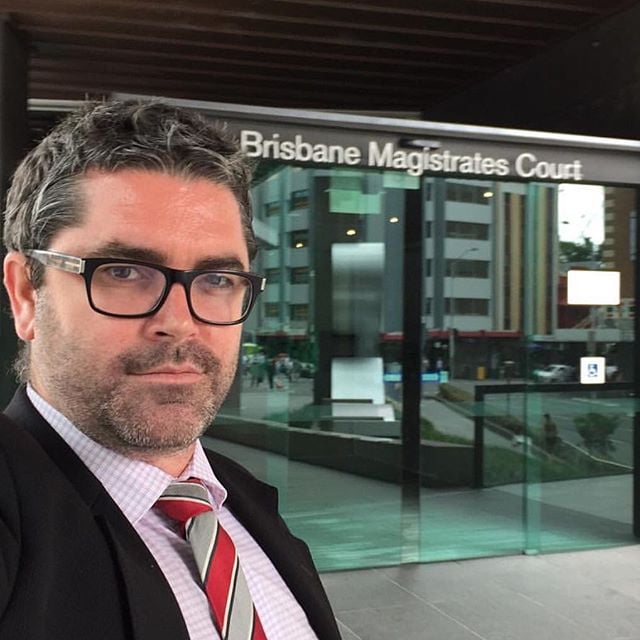

I appeared at Brisbane Magistrates Court again this morning to represent a client charged with Repeat Disqualified Driving, being their third charge in 2 years.
My client had also previously been charged with Unlicensed Driving on 2 occasions, in the last 3 years.
Disqualified Driving amounts to a contempt of court offence, given the offence results from a person being specifically ordered not to drive, and then in direct breach of that order, they drive anyway.
The courts are very quick to imprison persons who repeatedly breach orders of the court.
When deciding how to deal with a Repeat Disqualified Driving offender, the courts have a number of options available.
A suspended term of imprisonment means that the client does not actually go to jail, but the term of imprisonment hangs over their head for a set period.

If the person returns to court for any other offence punishable by imprisonment during the set period, which a lot of seemingly minor offences are, the Magistrate has 2 options.
The Magistrate can either extend the length of the suspension period, in other words extend the period during which the term of imprisonment hangs over the person’s head, or activate the term of imprisonment.
Alternate to a suspended term of imprisonment, the Magistrate can hand down an intensive correction order, impose a term of imprisonment with immediate parole, or incarcerate the person by physically sending them to jail for a period.
An intensive correction order is a form of imprisonment which is served within the community.
Persons on an intensive correction order must report to the Probation & Parole office during their ordered period, and comply with any directions given.
If a person breaches an intensive correction order, by committing another offence or failing to comply with any given directions, they will be brought back before the court and resentenced for their original offence.
Imprisonment with immediate parole means that the client does not physically go to jail, but technically according to their record they did, however their court date is their release date.
Persons on parole must also report to the Probation & Parole office during their set parole period.
If a person breaches parole, by committing another offence or failing to comply with any given directions, they will be immediately imprisoned for the remainder of their prison term.
The Magistrate also has the option of simply handing down a further disqualification and fine.
My client faced a maximum penalty of 18 months imprisonment, 60 penalty units and a lifetime driver’s licence disqualification.
A penalty unit in Queensland is currently valued at $113.85.
Further, persons who plead or are found guilty in the Magistrates Court must pay the Offender Levy, which is presently worth $110.90.
Magistrates have a general power to impose up to a lifetime driver’s licence disqualification, above and beyond any legislated disqualification ranges.
I made detailed and comprehensive submissions to the Magistrate.

I had my client obtain multiple character references, based on a template which I had earlier provided.
I had my client attend 2 reformatory courses, which went some way to show the Magistrate that my client was serious about educating themself on the error of their ways.
I was able to persuade the Magistrate that a licence disqualification and fine only were appropriate.
Accordingly, my client received no form of imprisonment, custodial or otherwise.
Needless to say, my client was extremely relieved.
Wiseman Lawyers specialise in Disqualified Driving, DUI Drink Driving and Traffic Law.

Regards
Andrew Wiseman, Wiseman Lawyers
Ph: 1300 947 352
andrew.wiseman@wisemanlawyers.com.au
wisemanlawyers.com.au
Click here to read about other clients I have helped:





